Shifting baseline syndrome is the gradual change in accepted norms and expectations of nature across generations. For example, a forest that once covered thousands of acres is now fragmented by roads and urban sprawl. Younger generations may not realize this forest was once untouched by human development. Other examples include bison, which are now absent from 98% of their historic range, and our oceans, which were once teeming with marine life; 85% of fishing stocks are depleted or on the verge of collapse. Does anyone remember when there were so many insects splattered on the grill of your car? It is unusual to see cars’ grills covered with insects now.
Younger generations accept this shifting baseline as the new normal, but on a deeper level, it reflects our lowered expectations of the natural world and has significant consequences for preserving wildlife, nature, and the future of our planet. According to a study by Soga and Gaston, shifting baseline syndrome is a global phenomenon occurring across socioeconomic, cultural, and environmental settings. This presents a global challenge regarding how we address environmental decline, because we have to realize there have been significant changes occurring in nature, understand that this decline is and will have an impact on us, and know this decline is largely due to human-related activities.
There has been a global initiative to protect 30% of the earth by 2030. Inherently, if we cannot truly fathom just how much nature has declined over the decades, including the loss of much of the wildlife and biodiversity, protecting only 30% of the earth by 2030 may not be enough to keep the planet humming.
E.O. Wilson, biologist, ecologist, and author of the book Half-Earth, suggested we need to save half of the earth’s land and oceans to preserve the bulk of biodiversity. Perhaps Wilson had the foresight to see what our future would be like with the earth’s biodiversity flourishing or floundering. In the end, nature is our ultimate caregiver. The natural world is the stronghold that influences our lives and how we live. It is so essential; it is literally the air we breathe. Yet, we must recognize and acknowledge its decline to influence and create lasting changes that will have a net-positive effect on all life.
*Photo courtesy of Surrey Wildlife Trust.
Resources:
1. Hamilton, Bryan, Integrated Resource Program Manager. 2022, Winter. Shifting Baseline. National Park Service. https://www.nps.gov/articles/000/shifting-baseline.htm#:~:text=Shifting%20baseline%20describes%20a%20gradual,98%25%20of%20their%20historic%20range
2. Ecology Training UK. 2023, May 25th. Shifting Baseline Syndrome: The Alarming Consequences for Conservation. https://ecologytraining.co.uk/shifting-baseline-syndrome-the-alarming-consequence-for-wildlife-conservation/
3. Masashi Soga, Kevin J Gaston, Global synthesis indicates widespread occurrence of shifting baseline syndrome, BioScience, Volume 74, Issue 10, October 2024, Pages 686–694, https://doi.org/10.1093/biosci/biae068


